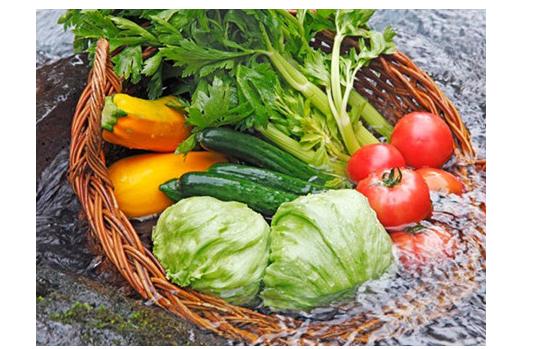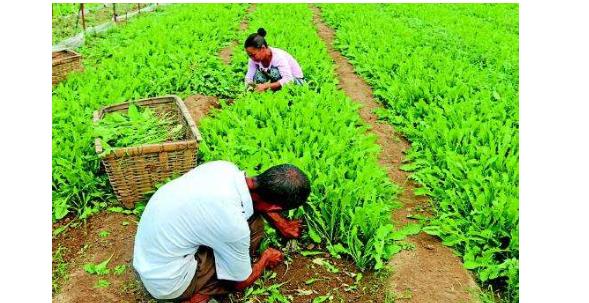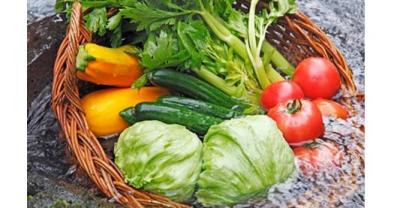Cleaning method of pesticide residues in melons, fruits and vegetables

Among the many vegetables, some vegetables which are easy to grow insects and are difficult to control after growing insects are often treated with pesticide therapy, so these vegetables are more likely to have pesticide residues, such as Chinese cabbage, spinach, chrysanthemum, Chinese wolfberry, leek and so on.

After long-term understanding, we know that pesticides generally contain a variety of toxic elements, such as organophosphorus, organochlorine and organic nitrogen, which are generally easy to cause poisoning, but the poisoning phenomenon of different types of pesticides is also very different.
Poisoning usually begins more than ten minutes after consumption, accompanied by some symptoms such as dizziness, headache, nausea, vomiting, abdominal pain, diarrhea, chest tightness and limb weakness. Serious symptoms such as muscle convulsions, dyspnea, arrhythmia, confusion or coma, and sometimes even death, must be paid attention to.

Experts pointed out that if there are symptoms of vegetable pesticide poisoning, vomiting should be carried out immediately, by drinking warm water 3000-500ml, and then using fingers, tongue depressors or chopsticks to stimulate the back wall of the throat or the root of the tongue to induce vomiting, repeated, until the food in the stomach is completely vomited. These simple treatments should be sent to the hospital immediately after treatment. However, if the poisoning is serious, such as coma or convulsion, do not induce vomiting, so as to avoid asphyxiation caused by vomit entering the trachea.

So how to clean it better?
There are four steps:
1. Wash: first rinse off the residual pesticides on the fruit surface repeatedly with running water, then rinse with running water for two or three times, and then wash away the pesticides on the surface slowly.

two。 Soak: soak in clean water for 15 minutes, or rinse the surface dirt, soak in alkaline water for 15 minutes, then rinse with clean water.

3. Scalding: the best way to remove some pesticide residues is scalding, such as green pepper, cauliflower, beans, celery, etc., it is best to use boiling water before frying or burning, according to the test, can remove more than 90% of the residual pesticides.
4. Stir-fry: the steps of cooking, the editor does not describe too much.
By using these four steps, about 95% of pesticide residues in vegetables can be removed.
- Prev

This rotation of vegetables leads to a bowl full of melons and fruits.
Reasonable rotation of different vegetables can make pathogens lose parasitism or change their living environment, so as to achieve the purpose of reducing or eliminating diseases and insect pests. Such as spring onions and garlic.
- Next

Have you got the vitamins in melons, fruits and vegetables right?
The most obvious effect of vitamin An is to prevent night blindness and vision loss, and help to treat a variety of eye diseases. Source: fruits, vegetables, animal liver,.
Related
- Moge, come on! The staff of the peasant association in the producing area of cantaloupe were frightened when the crowd gathered.
- Causes and Solutions of low Fruit setting rate of Apple
- Symptoms and control measures of passion fruit virus disease
- Fruit growing lesson: how do apple orchards keep high yields?
- Can you build orchards in the mountains? What are the pros and cons?
- How to manage the coloring period of Crisson grape?
- This paper introduces the processing technology of two kinds of fig products.
- How much is a month for retired teachers in rural areas by 2020?
- How can strawberry planting increase sugar content? We should pay attention to management in many aspects.
- What are the cultivation techniques on how to improve the yield of golden fruit?

